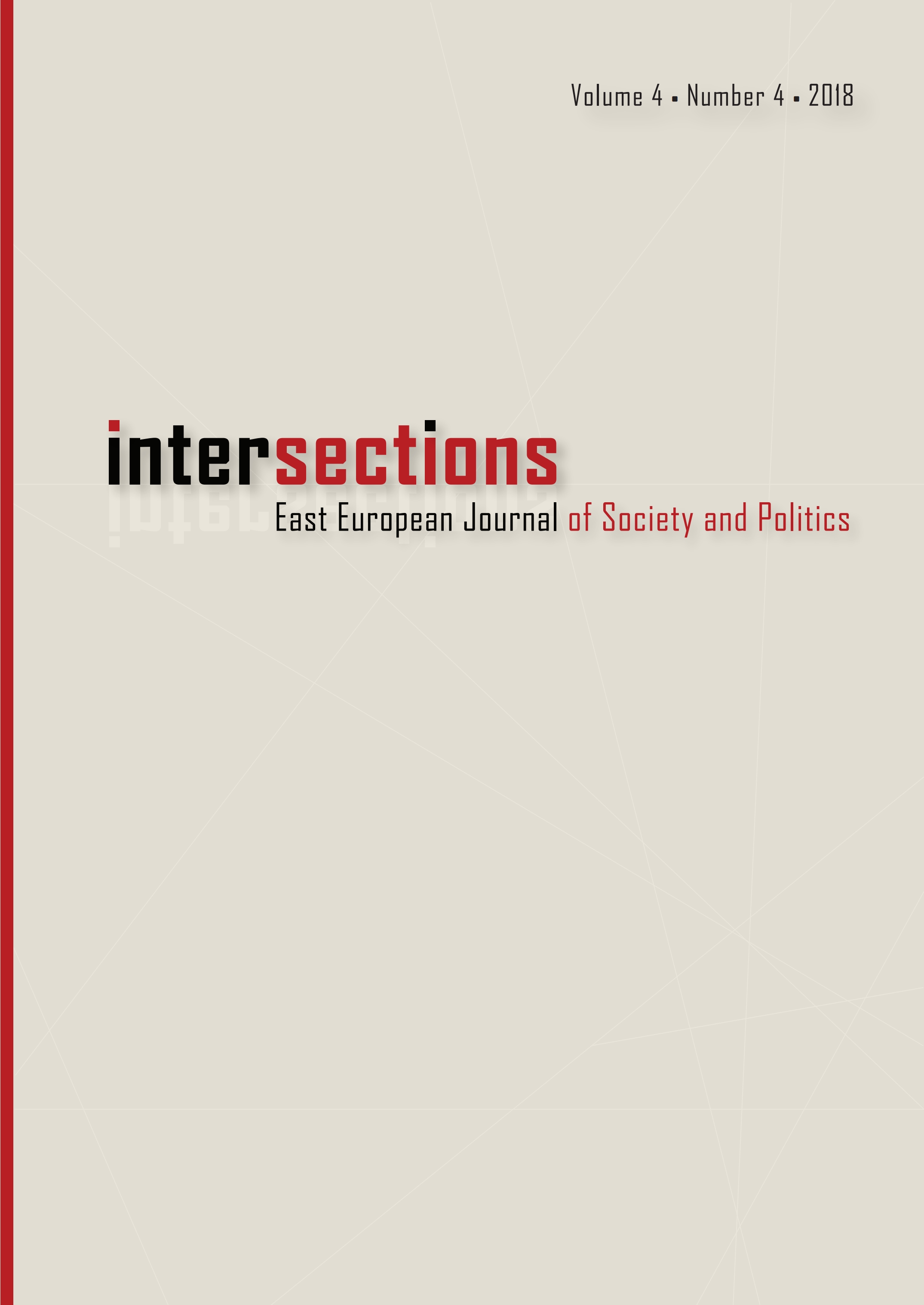Two Mobilization Waves of the Czech Anti-Islam Movement. Collective Actors and the Identity Change of the Movement 2015-2016
Two Mobilization Waves of the Czech Anti-Islam Movement. Collective Actors and the Identity Change of the Movement 2015-2016
Author(s): Vendula ProkůpkováSubject(s): Present Times (2010 - today), Inter-Ethnic Relations, Peace and Conflict Studies
Published by: MTA Társadalomtudományi Kutatóközpont Kisebbsegkutató Intézet
Keywords: Islamophobia; Czech Republic; Discourse theory; Right-wing extremism; Populism
Summary/Abstract: In 2015 and 2016, the Czech Republic experienced a massive mobilization of a new anti-Islam and anti-immigration movement. Drawing on the concepts of the post-foundational discourse theory of the Essex School, the theory of populism of Ernesto Laclau and the model analysis of the EuroMayDay Movement provided by the German philosopher Oliver Marchart, this paper engages with the question of how the identity of this movement changed during the initial and later phases of the mobilization. The author distinguishes between two waves of mobilization, which differ regarding the construction of the identity of the movement as well as the number and variety of the collective actors, who succeeded in mobilizing. Whereas at the beginning of the year 2015 the identity of the movement was constructed against Islam as an antagonistic Other, in the middle of the same year a deep chasm between the movement (representing the ‘people’) and the ‘powerful’ emerged. At this point, following Ernesto Laclau’s definition of populism, the movement transformed into a populist movement. Moreover, this transformation was accompanied by the mobilization success of new organizations participating in the movement, including the exponents of the extreme right.
Journal: Intersections. East European Journal of Society and Politics
- Issue Year: 4/2018
- Issue No: 4
- Page Range: 51-71
- Page Count: 21
- Language: English

